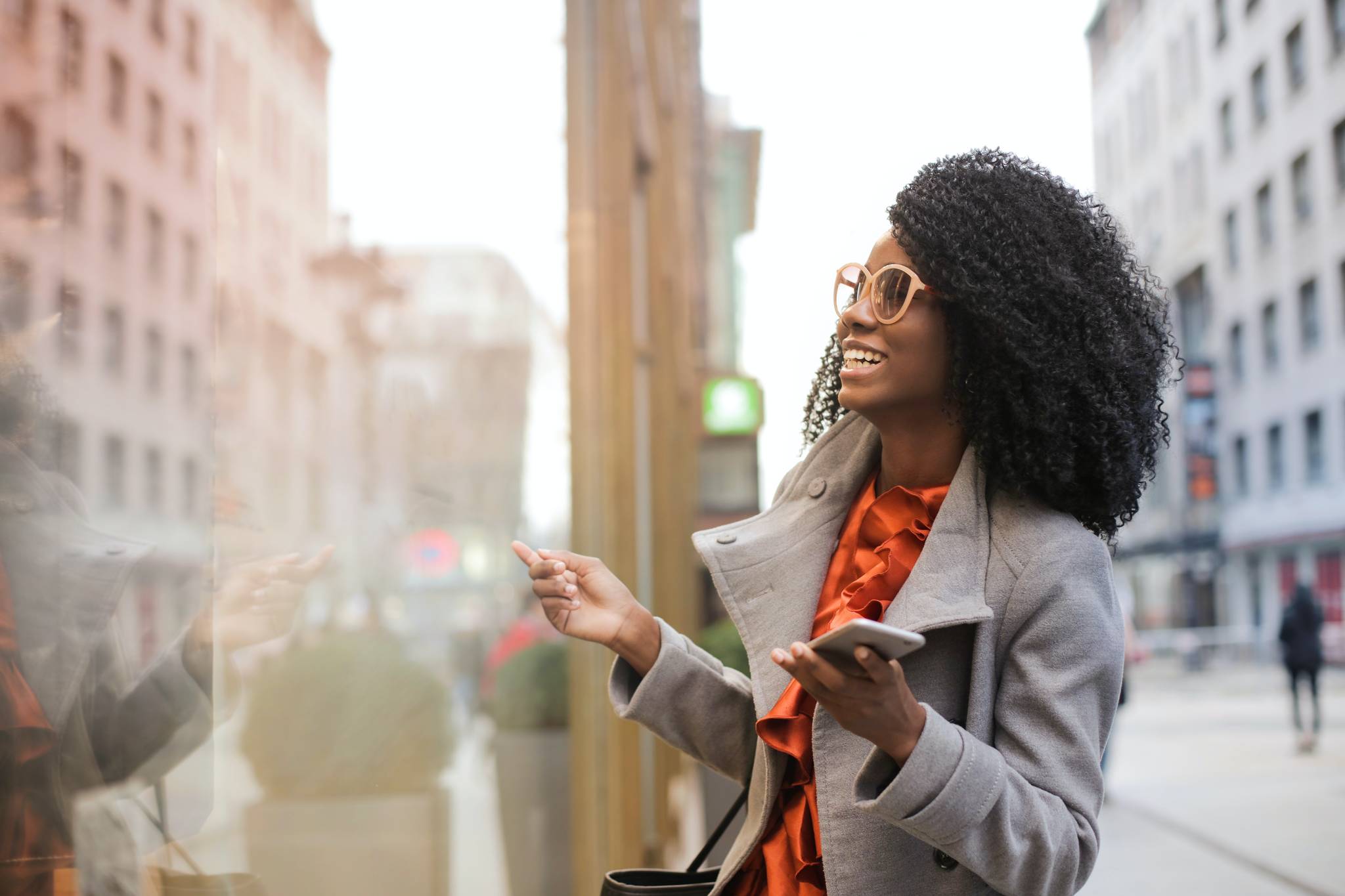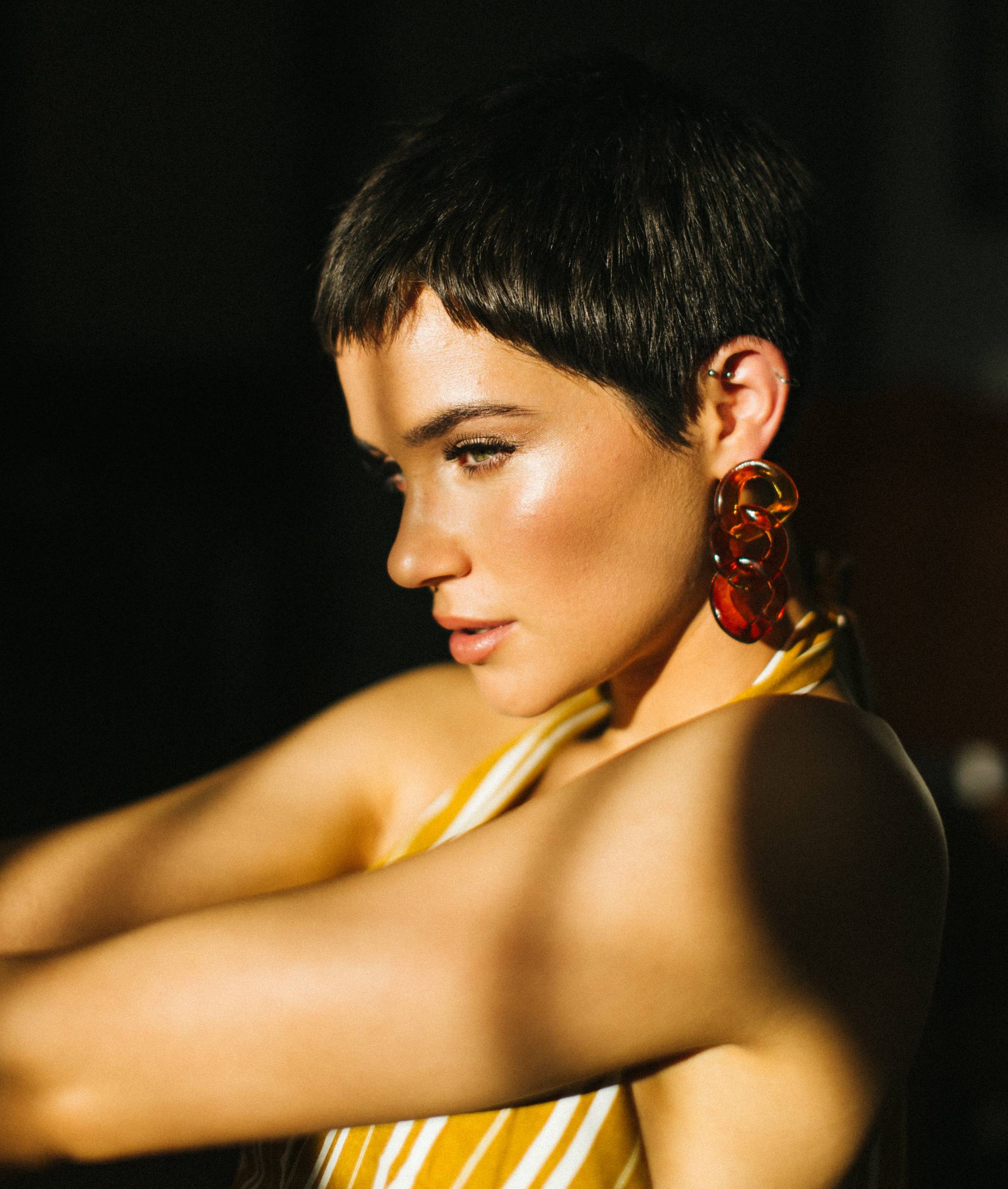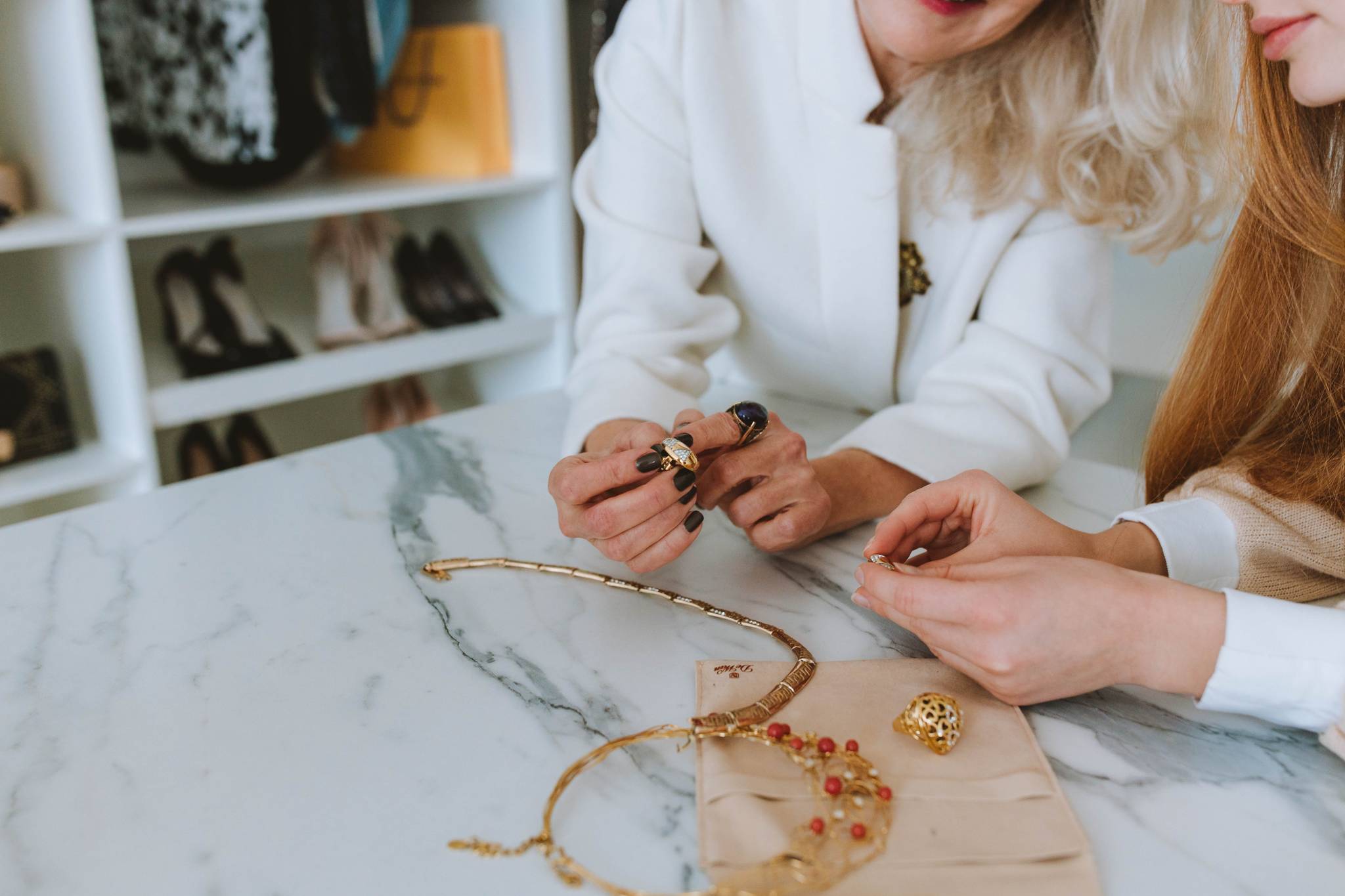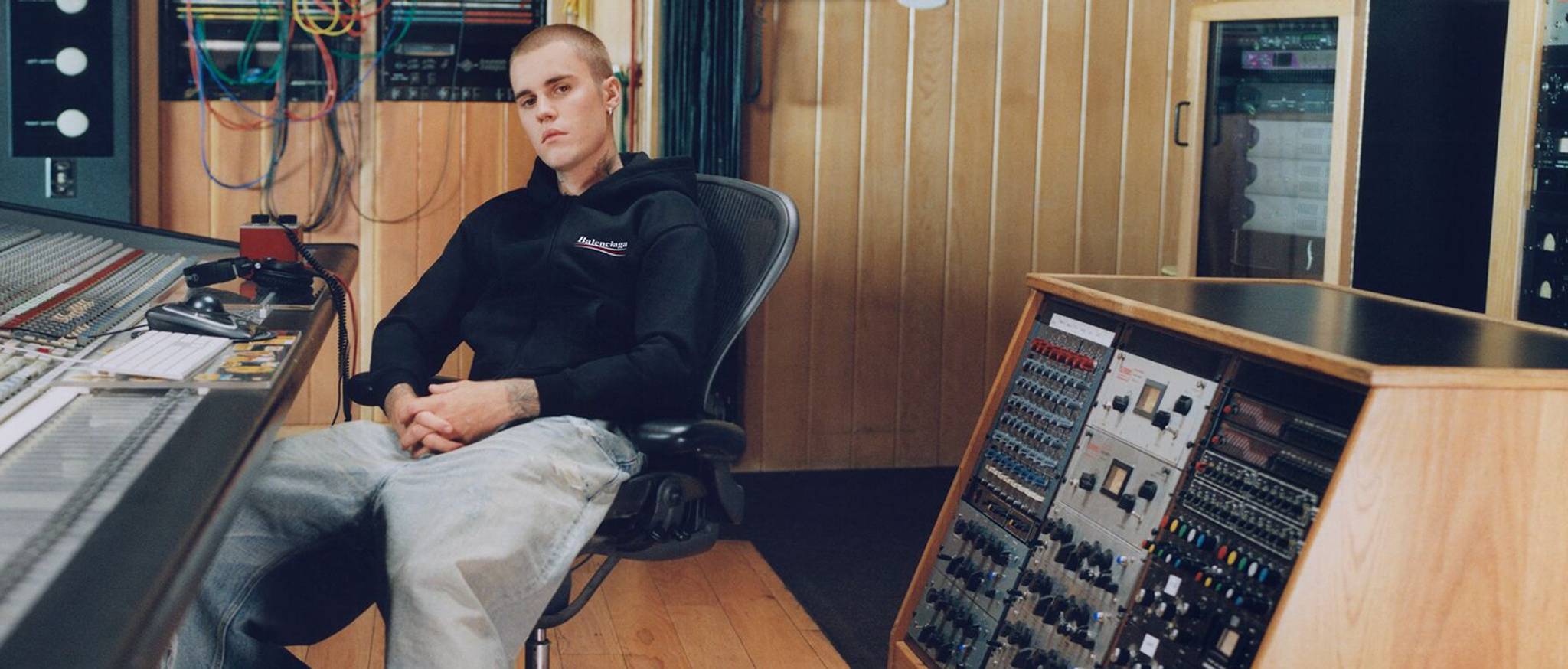
VIP customers and HNWI’s have long enjoyed perks and privileges that are out of reach for the average consumer. Luxury brands have a strong incentive to position themselves as elite members' clubs, appealing to the small percentage of the population that are looking for high-ticket items that have value beyond a price tag.
Chanel is looking to reinforce its position in the luxury sector as a top player. Through the announcement of its boutique stories dedicated to serving VIP customers, as well as its plans to impose purchase limits on specific goods, the fashion house is emphasising its exclusiveness, craftsmanship, heritage, and timeless brand appeal. By separating casual browsers from their top spenders, Chanel is catering to the needs of its wealthy clientele by creating a space that focuses on personalised support.
In China, VIP customers are given special treatment by brands not only because they have the money to spend, but because they have higher brand loyalty as they are more deeply embedded within a brand's culture. Prada, Dior, Louis Vuitton, and Hermes offer fixed discounts, first picks on new releases, and early access to seasonal discounts – appealing to the UNHWI in China that rose by nearly 16% year-on-year in 2020. Some customers are even flown out to watch a runway show during fashion week, or given access to a luxury brand's special customisation services.
VIPs are clear about what they want, and they're not likely to be easily swayed when it comes to their purchasing habits. Gen Yers make up 32% of the spending in the luxury market – with this figure expected to grow to 50% by 2025 – and are looking for personalised luxury from the brands they shop with. Whether that be through intimate relationships with staff and designers, curated trips, or behind-the-scenes sneak peeks of a brand's latest collection, luxury labels are prioritising making their VIPs feel special.



